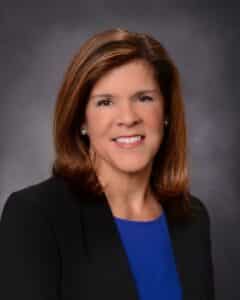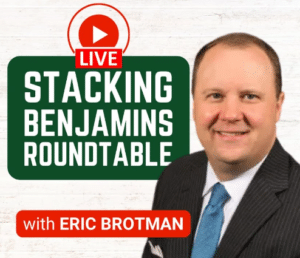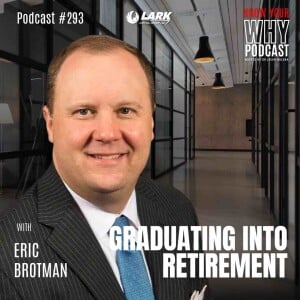How to find the right partner for your business.
By Matt Pais
Maybe you don’t want to manage people anymore. Maybe you don’t want to be responsible for overseeing your practice’s books or administrative tasks. Whatever the reason, it’s not unusual for advisors to be ready to sell their practice not because of retirement, but because they are ready to shift out of an ownership mindset. This way, they can move back into the mindset of an advisor who just meets with clients or focuses on other areas of the business they prefer.
“It’s about being able to help the business structure better and the business owner become who they were years ago,” said Kevin Smith, Dip PFS, a 19-year MDRT member from Birmingham, England, who specializes in financial planning for business owners. “You get some cash out, and part of your organization will still deliver moving forward. Partner up with the right firm and go on that journey.”
Obviously, there are an infinite number of things to consider when looking for the right business to
merge with. It’s essential for the seller to clearly define their role moving forward and find a partner who will support the next step of their career, with a full buyout to come at a later time. If there are multiple business owners on either side, Smith said it’s also important to make sure early on that everyone is on board with the deal.
“I’ve seen this three times in the last two years: If there’s more than one individual involved in ownership of the business, you can get to the eleventh hour when people are about to sign, and all of a sudden one person in the room says, ‘It’s not for me; I never wanted to do this,’” he said. “And you’re already 11, 12 months down the road in this process.”
As with all business transitions, attorneys and accountants will be involved to sort out various details. Advisors also should not overlook the culture and values of the purchasing practice and how their own vision will or won’t be maintained in the new office. Overall, Smith said, the deal is likely to take a full year to establish and finalize — less if the purchasers are internal.
Kathleen R. Benjamin, CFP, CPA, knows about this from experience. The 16-year MDRT member from Timonium, Maryland, was feeling exhausted from running an office while being a full-time financial advisor. She wanted to be able to focus more on the financial planning she loved. So the goal was to merge her practice with a partner who could share the managerial workload. She found another firm who advised clients in a similar manner as she did, and that already had the infrastructure Benjamin had envisioned. Both firms took the time to become familiar with each other’s values and culture to ensure service would remain consistent no matter which advisor was working with the clients. She likened the time spent getting to know each other and the team to the dating process.
“I came to their office and talked to every single person one-on-one about culture and flow,” she said. “They came and visited my office to see how I did things. I gave them a sample set of data and said, ‘Pretend this is a new client; show me how you’d advise.’”
After six months of observation like this, Benjamin felt comfortable moving forward. At that point, legal documents were created to get everyone on the same page and accountable.
“When everybody gets married, everybody’s lovey dovey, but you have to put it all in writing to make sure there are no misunderstandings,” she said. “Solo people are used to calling their own shots; there’s a new process they’ll have to get used to.”
Each party brought their own attorney, and all legal documents were finalized before any clients
were transferred. Other areas Benjamin says to consider: employment agreements, how people are going to get paid, who takes ownership of each client, how revenue is shared, and communication to clients about what is happening, when it’s happening, and who they can contact moving forward.
“It’s all really well thought out, just like we’d do with our clients to make sure there’s no haphazard advice,” Benjamin said. “The list of issues is shorter when we make sure to start out on solid footing of understanding all the information.”







